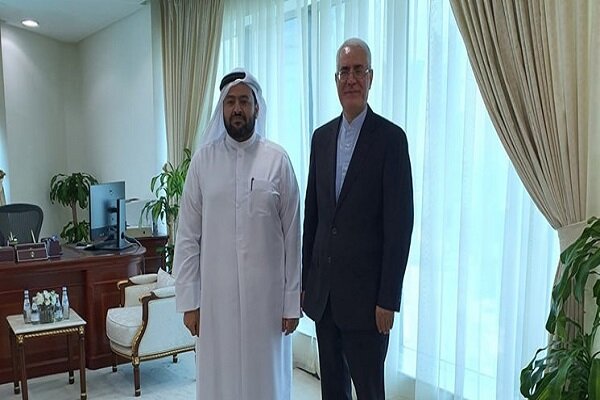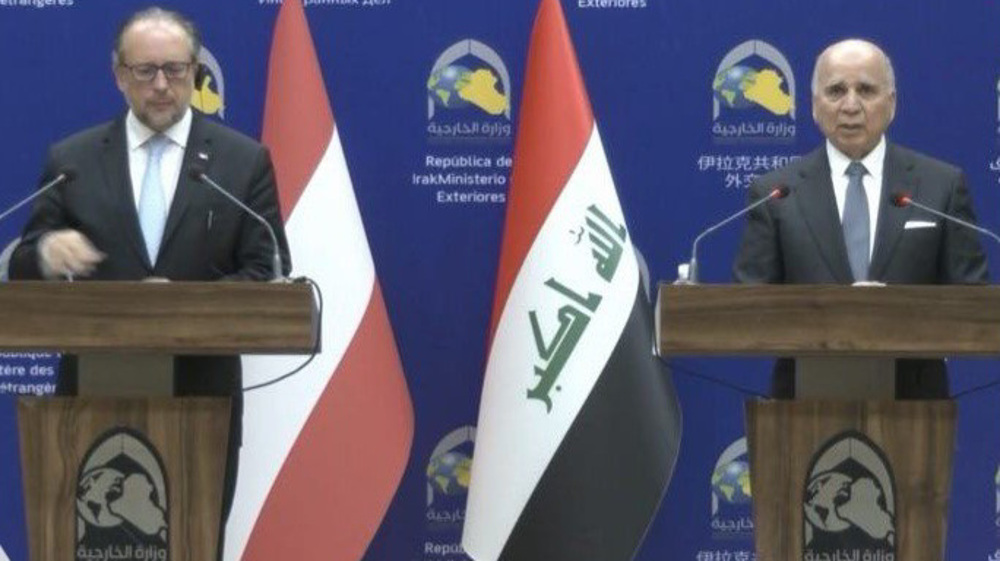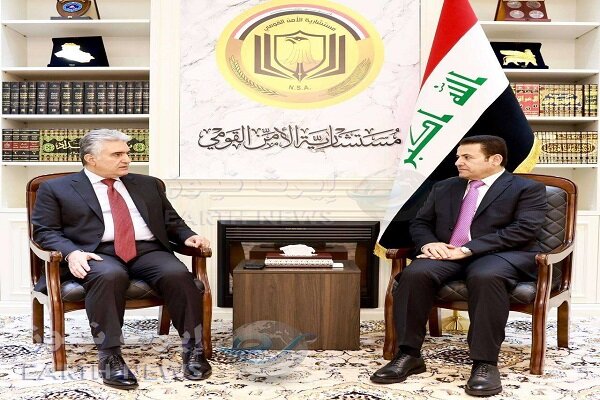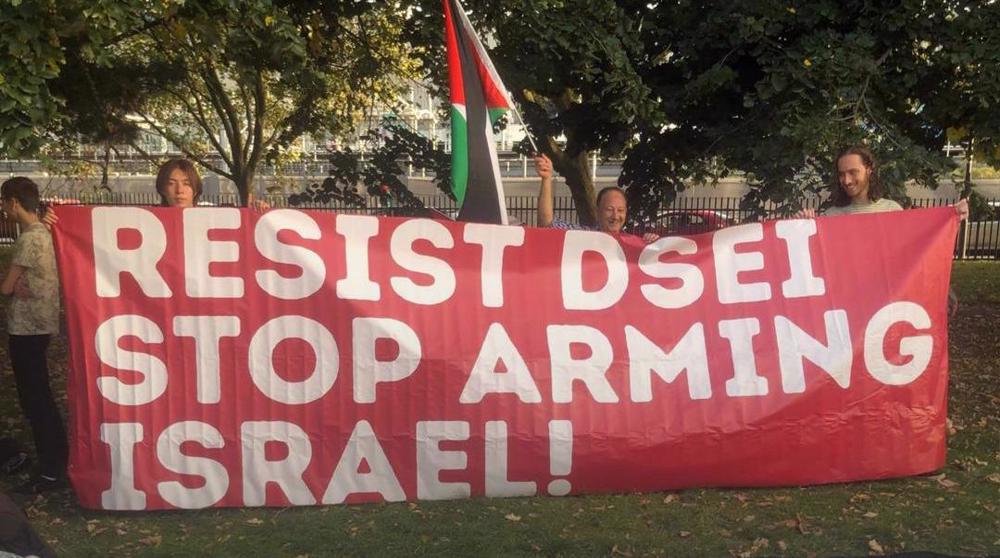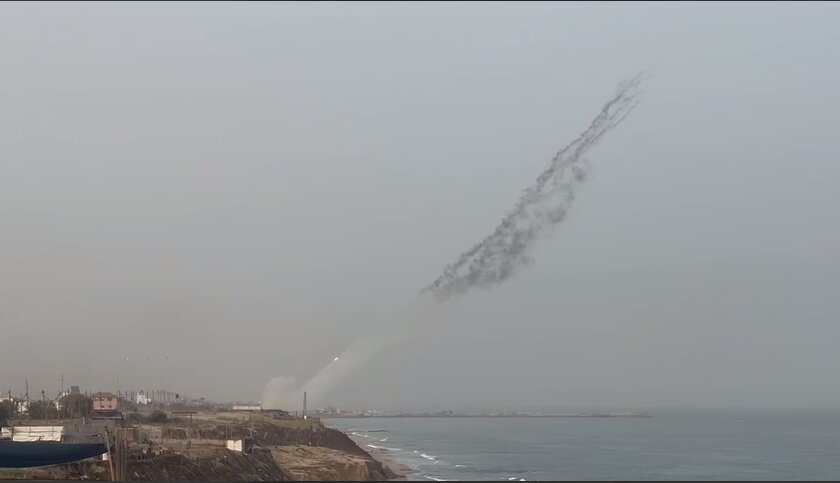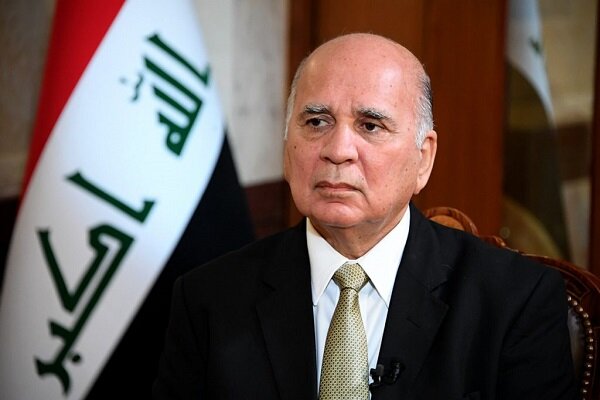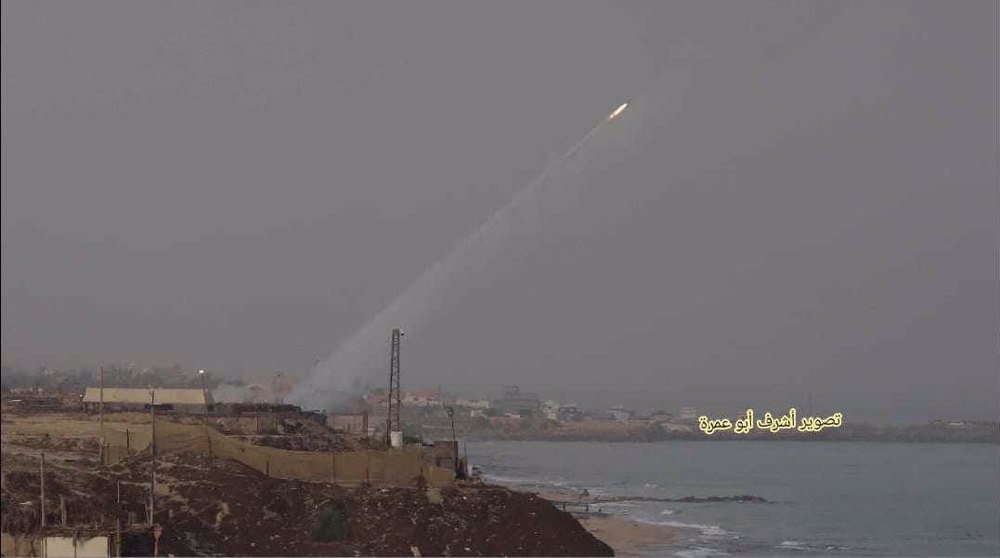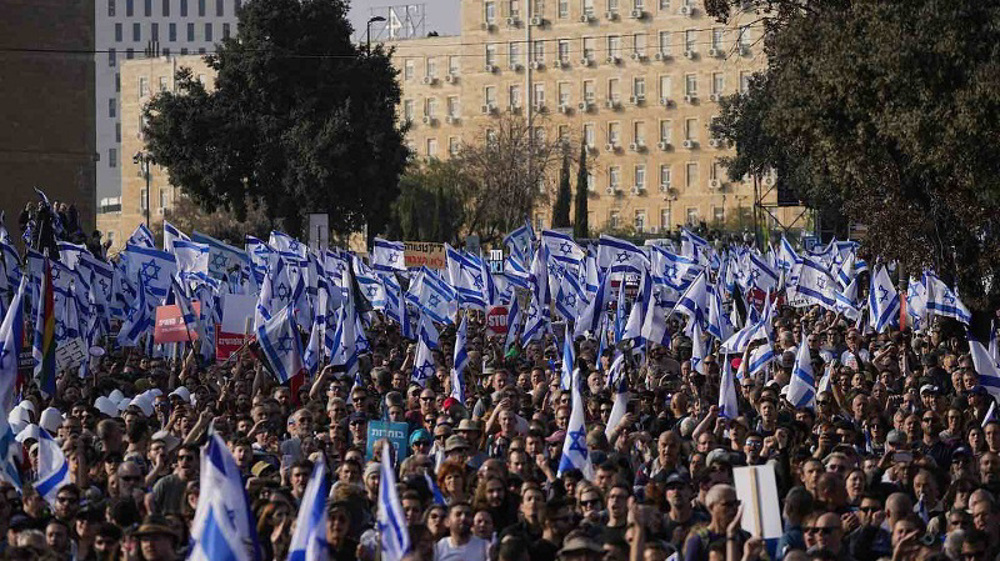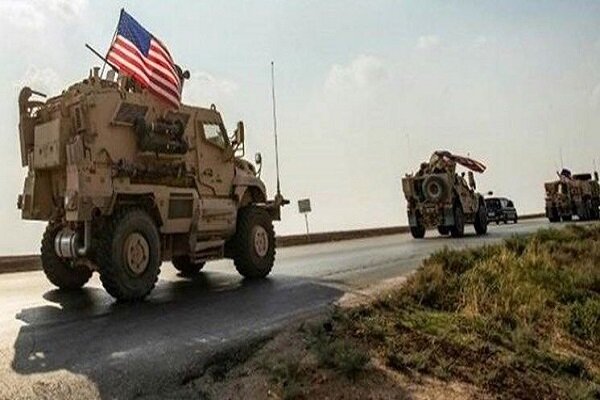Israeli soldiers reportedly rioting during a training session for the elite Golani Brigade infantry forces is a clear sign of rising discontent within the Israeli military.
A recent video circulating on social media shows Israeli soldiers of the Army’s Golani Brigade rioting during a training session in protest against the far right Israeli cabinet of Prime Minister Benjamin Netanyahu’s recent controversial policies.
The video was reportedly filmed on September 4th 2023.
The leaked video shows dozens of soldiers from Israel’s Golani Brigade shouting and vandalizing property.
According to the reports, several of the protests participants had been disciplined by superiors resulting in the arrest of several soldiers, including NCOs.
The Golani Brigade is mostly made up of elite soldiers and is specialized in ground warfare. They have carried out armed attacks against Palestinians, and have participated in almost all the wars waged by Israel.
Ever since the Israeli Prime Minister, Benjamin Netanyahu, announced the proposal for the judicial overhaul which would limit the authority of the national judiciary, the public has held mass demonstrations across Israel.
Tens of thousands of military personnel from many different sectors of the Israeli army have protested against the decision, including 10,000 reservists from intelligence units and Air Force pilots.
They have threatened to no longer show up for duty in protest to Netanyahu’s judicial reform efforts.
Last month, Israel’s air force chief suspended a number of senior military reserve forces in the wake of ongoing demonstrations against Netanyahu’s judicial overhaul plan.
The development came a day after the Israeli Navy suspended two high ranking reservists after they announced plans to end volunteer reserve duties, in addition to refusing to serve in a ‘dictatorship’.
Multiple cases of suicide within the Israeli occupation forces have made the headlines recently with observers blaming a mental health epidemic among soldiers.
In July, Israel’s Chief of Staff, General Herzi Halevi, warned that the Army’s unity has dangerously deteriorated due to the thousands of reservists who have threatened to withhold their service in protest against the judicial overhaul Israel faces.
Halevi also warned that Israel would be in existential peril.
Israeli military officials have warned that the protests by the reservists are impacting military readiness amid heightened tension between Israel and the axis of resistance, which includes Hezbollah, Palestinian Islamic Jihad and Hamas, in recent months.
Prime Minister Benjamin Netanyahu and his supporters have decried the reservists’ protests as a dangerous and unprecedented form of political blackmail by the military, with some equating the protests to attempts at a military coup.
Despite the threat of reservists refusing service, Netanyahu’s far right cabinet pushed ahead with the judicial overhaul legislation.
The Knesset passed the legislation in a vote in July, despite months of extensive protests.
That controversial legislation has struck down the ability of the Supreme Court to veto legislation passed by the Knesset based on the criteria of reasonableness.
Despite calls from the protest movement to protect, what they describe as ‘Israeli democracy’, the protesters have not called on Netanyahu’s cabinet to cease illegal settlement building on usurped Palestinian land, end Israel’s military occupation of the West Bank, or extend the same rights to Palestinians that Israelis enjoy under Israeli law.



